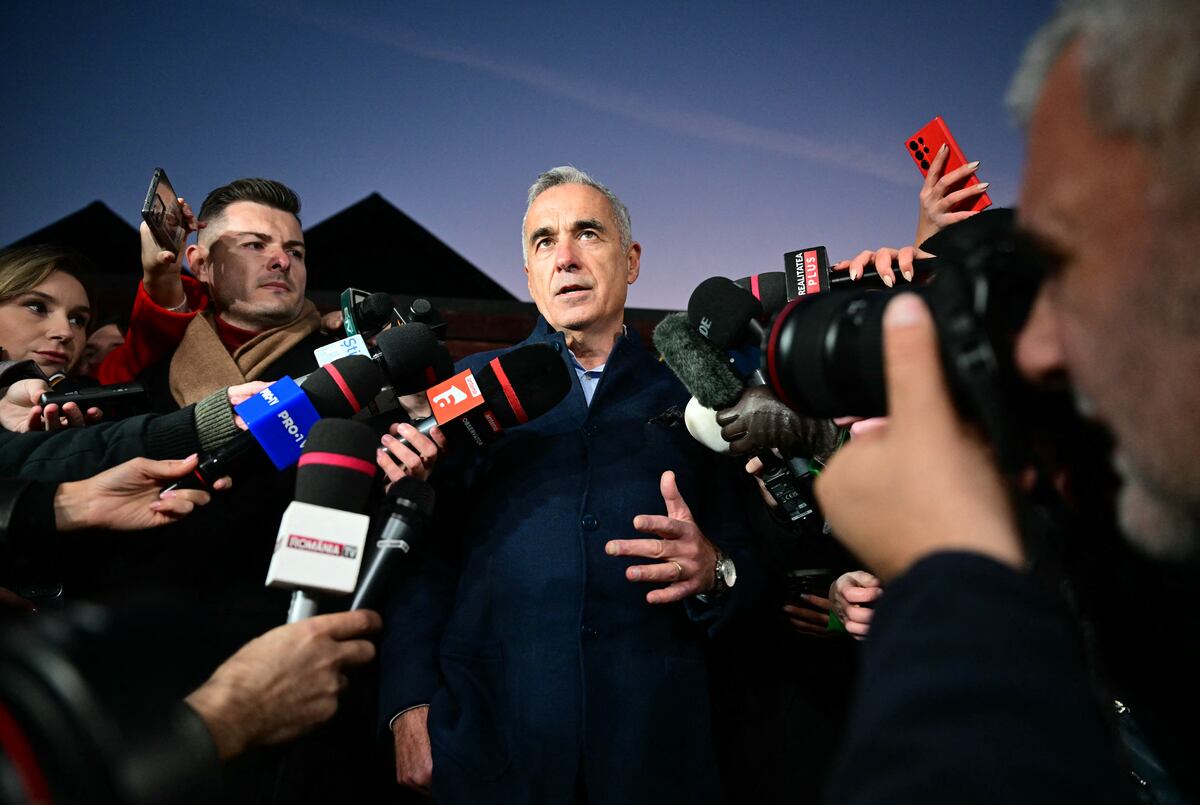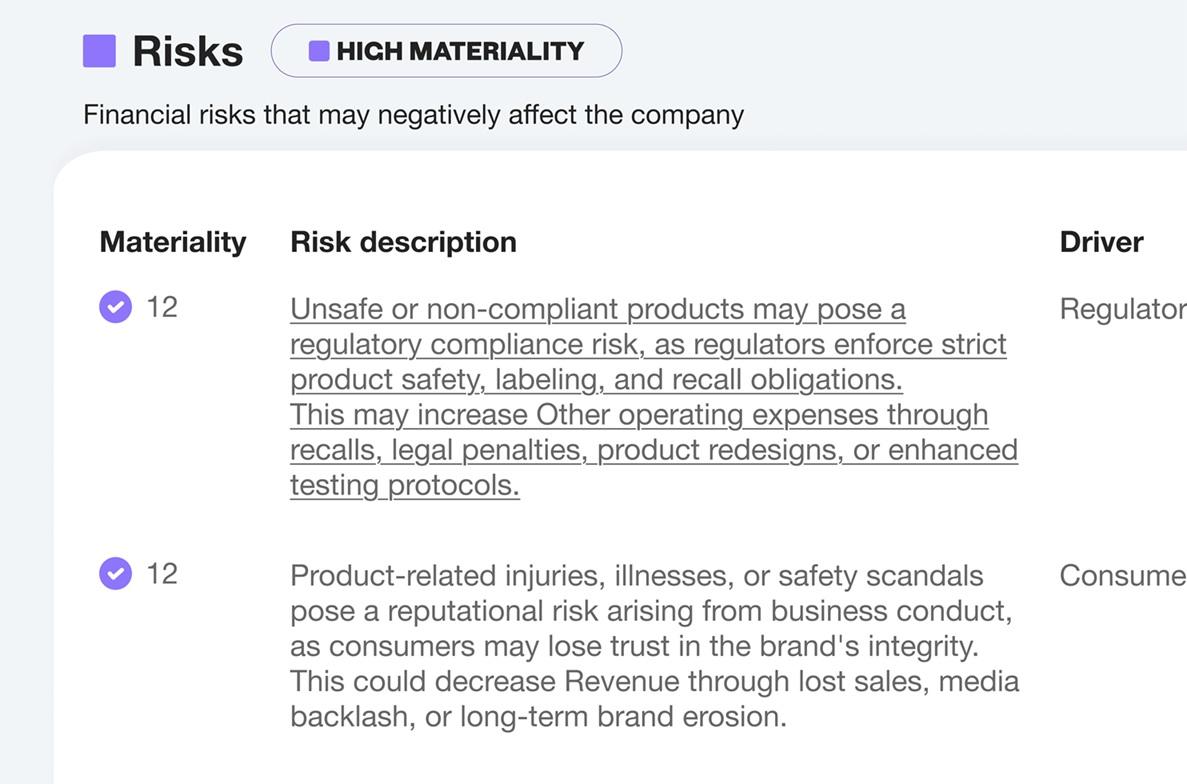The recent annulment of Romania's presidential election run-off highlights a critical juncture for the nation and its NATO commitments. The court's decision to rerun the first round stems from concerns over Russian interference, particularly in light of nationalist candidate Calin Georgescu's controversial admiration for Vladimir Putin and his threats to withdraw support for Ukraine. This situation raises alarms about the potential shift in Romania's foreign policy, especially given its strategic position on NATO's eastern flank and its significant contributions to regional security, including hosting NATO bases and training Ukrainian pilots. The implications of a Georgescu presidency could undermine Romania's alignment with Western alliances, which has been a cornerstone of its post-Cold War identity.
Despite the unsettling prospects of Georgescu's presidency, institutional safeguards within Romania's political framework may mitigate the risks. Experts suggest that the president's powers are constrained by the constitution, as the government retains control over foreign policy and security matters. Even if Georgescu were to pursue a more isolationist agenda, parliamentary dynamics and the checks and balances inherent in the system would likely prevent drastic shifts away from NATO commitments. The recent parliamentary elections, which favored pro-NATO parties, further reinforce this stability. While uncertainty remains regarding Georgescu's intentions, the resilience of Romania's democratic institutions and its established alliances may ultimately prevail against external pressures and internal populism.








